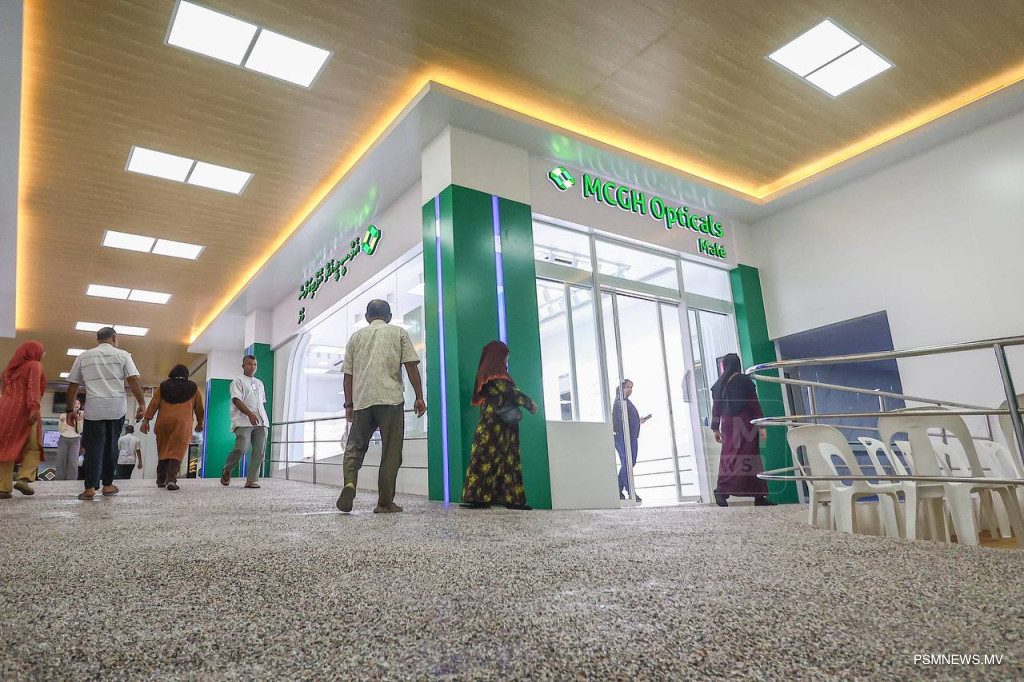
The government has outlined its rationale for establishing a direct, non-commercial prescription glasses service at Indira Gandhi Memorial Hospital (IGMH), describing the initiative as a necessary measure to relieve citizens from the high costs associated with private optical providers.
In a written response to Parliament, Minister of Health Abdulla Nazim Ibrahim stated that the service, launched on 27 July, was designed to ensure affordable access to corrective eyewear through a subsidised model. He noted that the facility operates outside commercial principles and does not impose additional charges on patients.
The response was issued following a query from Mohamed Ibrahim, Member of Parliament for North Galolhu, who had questioned the decision to create a standalone government service rather than regulate existing provisions under Aasandha, the national health insurance scheme. The lawmaker also requested financial disclosures, including the initial capital investment and projected annual operating costs of the IGMH optical unit.
Addressing these concerns, Minister Nazim acknowledged the financial strain borne by the public. While Aasandha does subsidise vision correction, he explained that the current allocation remains inadequate. Under the scheme, individuals requiring prescription glasses are eligible for funding only once every two years.
Government records indicate that the biennial allocation for prescription eyewear under Aasandha was previously set at USD 64.87. This figure was later increased to USD 129.74, though the minister maintained that even the revised amount fails to sufficiently offset the costs incurred by patients.
According to the Health Ministry, the total expenditure for establishing the optical facility and acquiring necessary equipment amounted to USD 133,622.21. The estimated annual cost to sustain the service is projected at USD 224,112.80.
The service at IGMH is structured to provide comprehensive care, specifically targeting patients who have already undergone preliminary eye examinations. It includes vision testing, early detection of serious conditions such as glaucoma, and in-house lens production capabilities.
The government has also confirmed its intention to expand the service beyond Malé. Plans are underway to extend optical care to the atolls, with the aim of improving access to vision treatment across the country.
